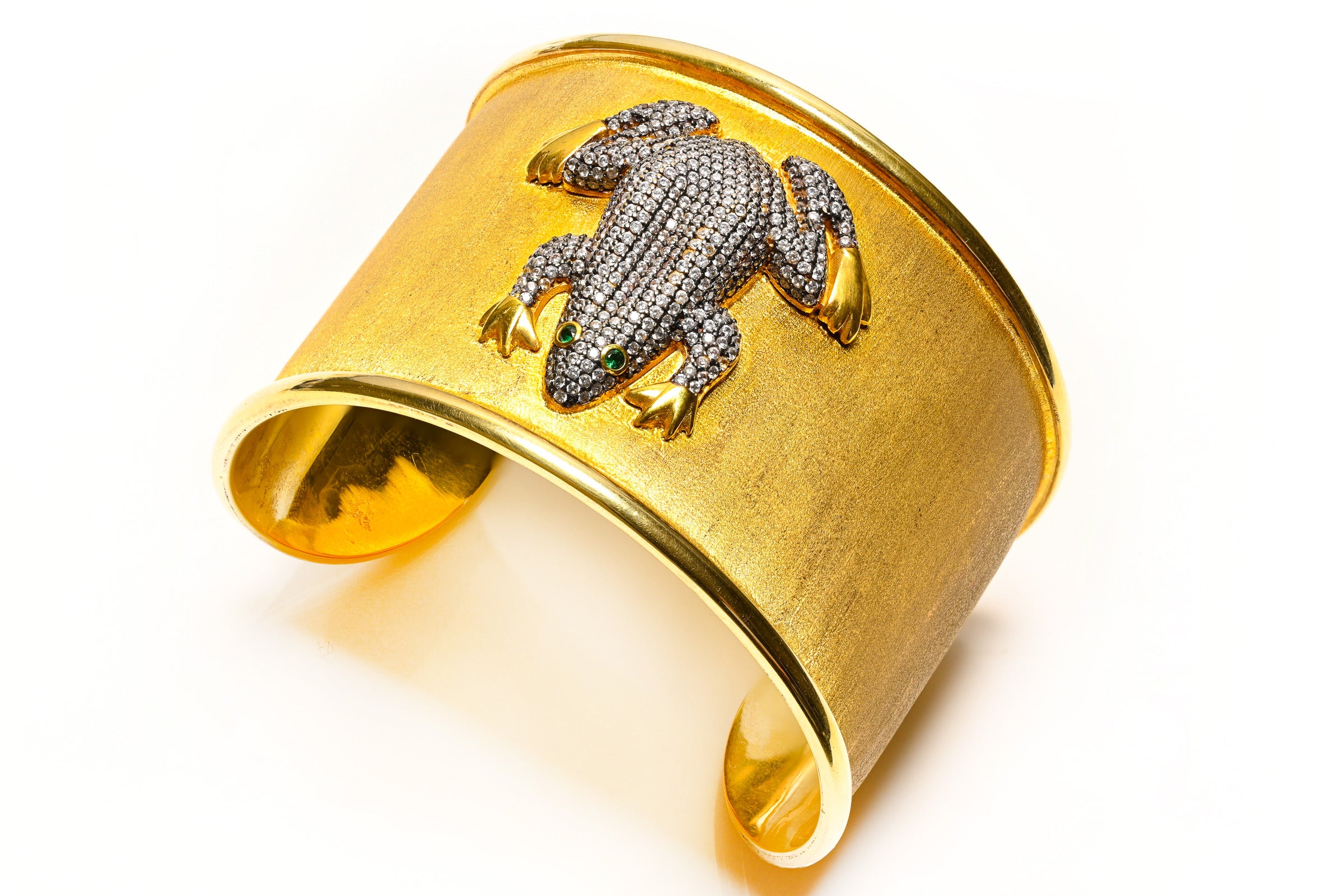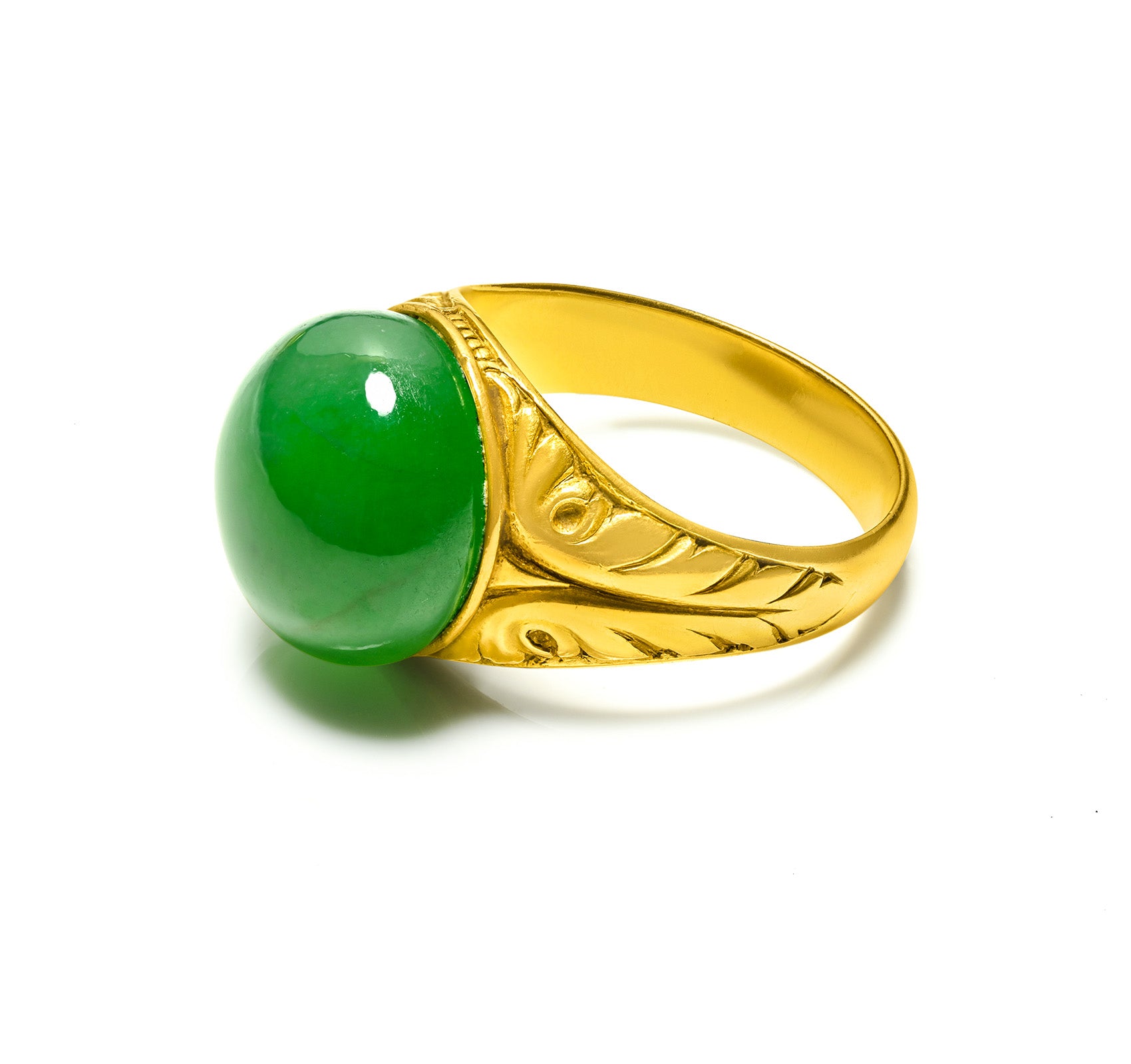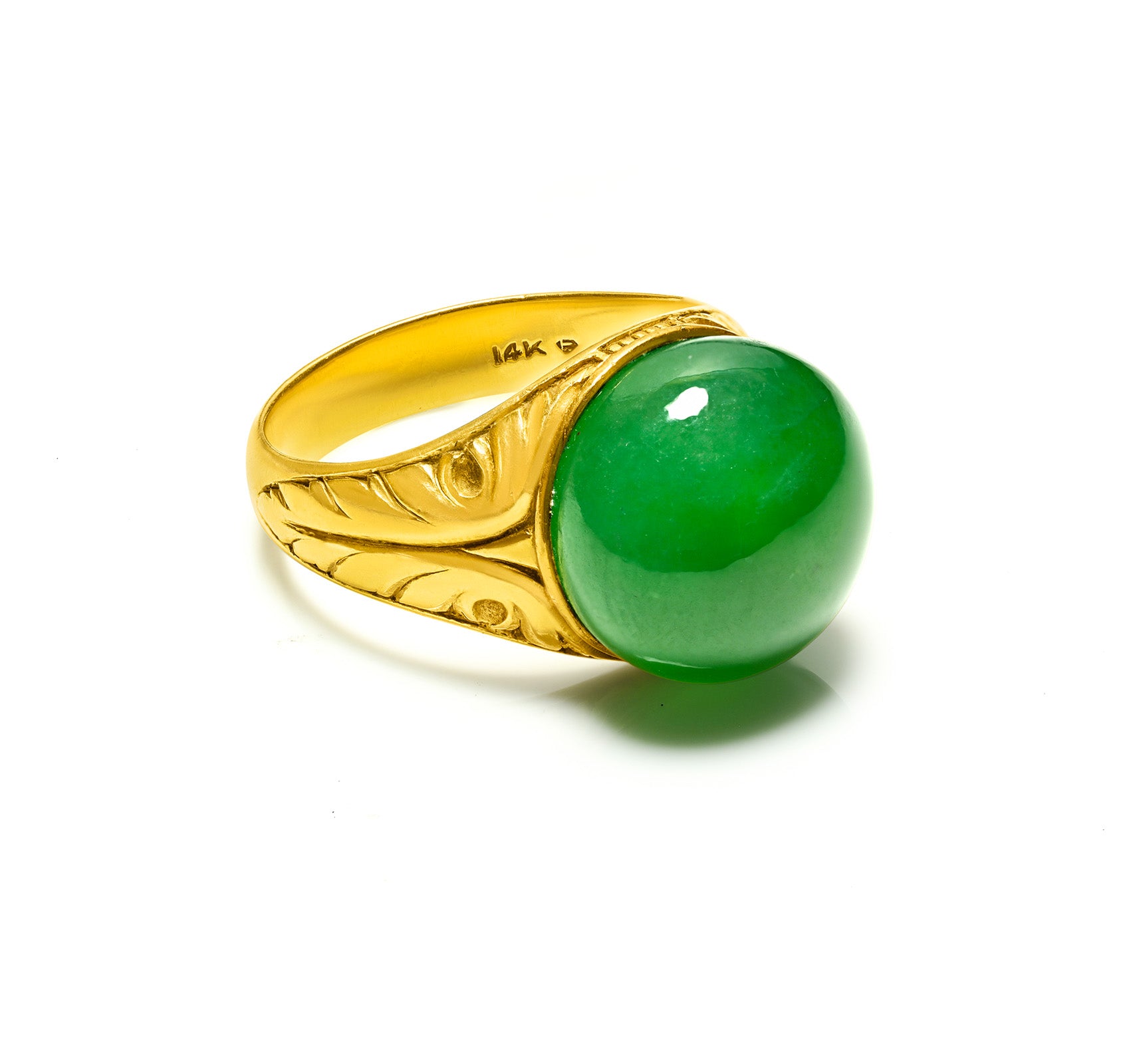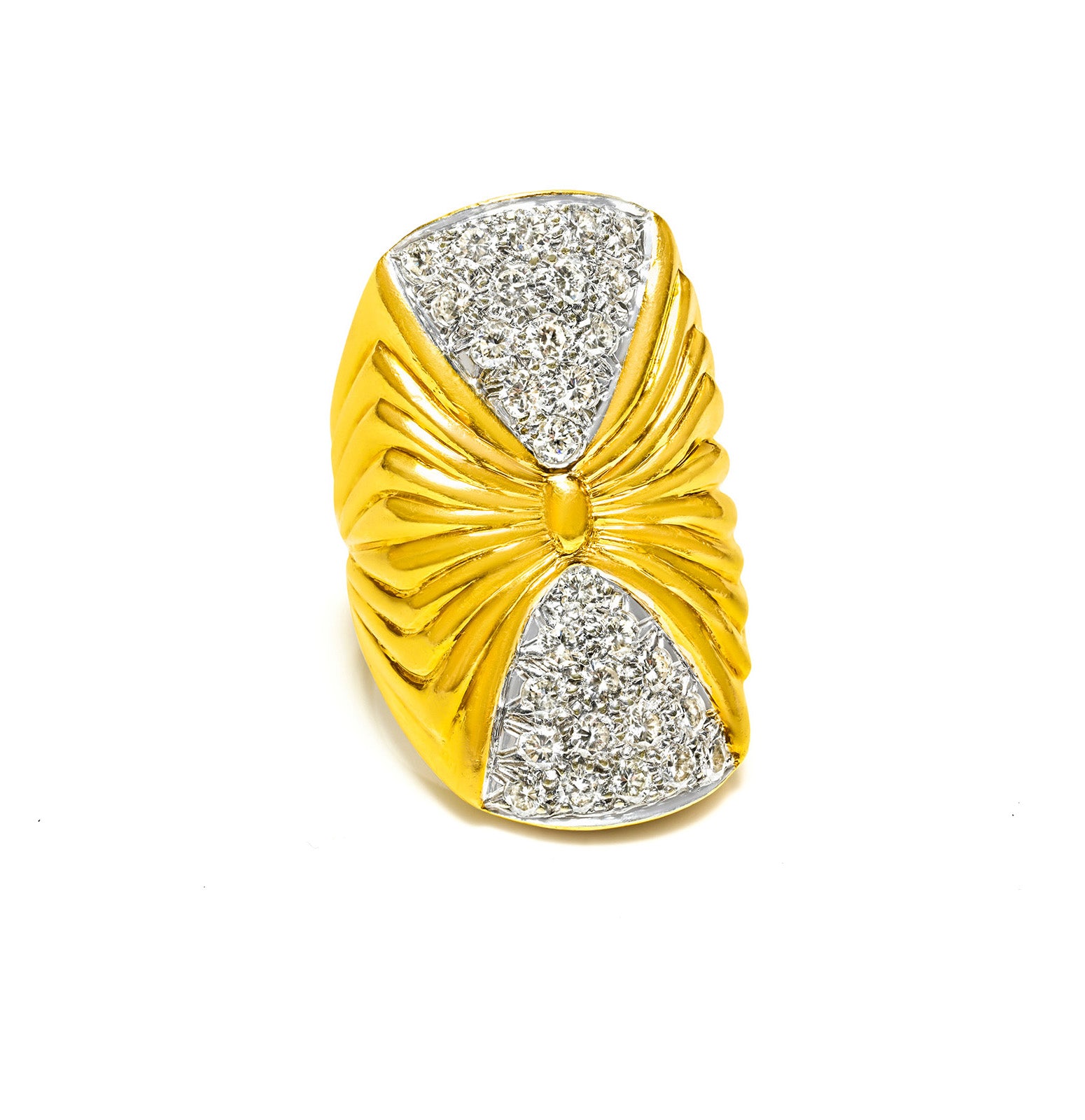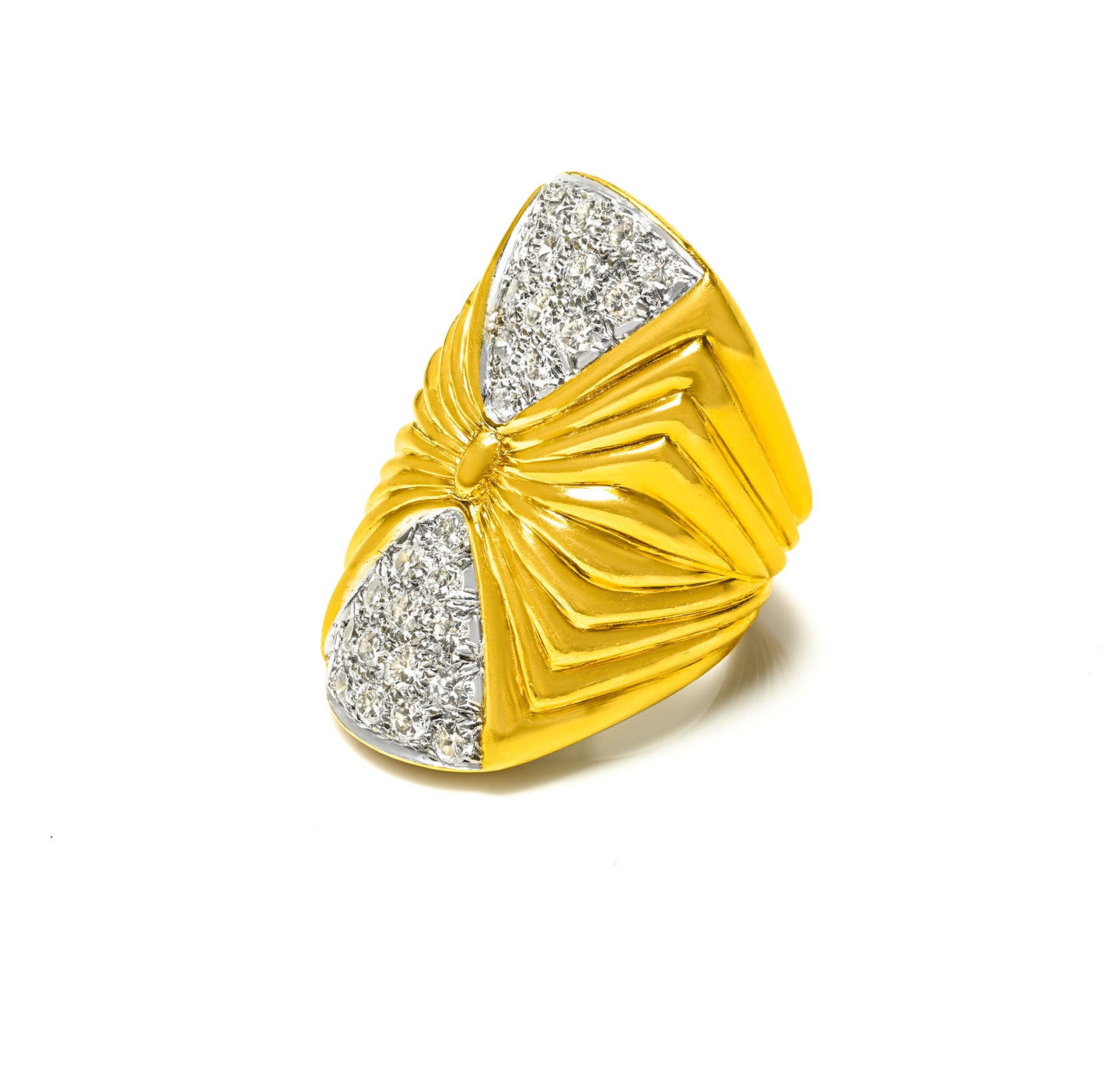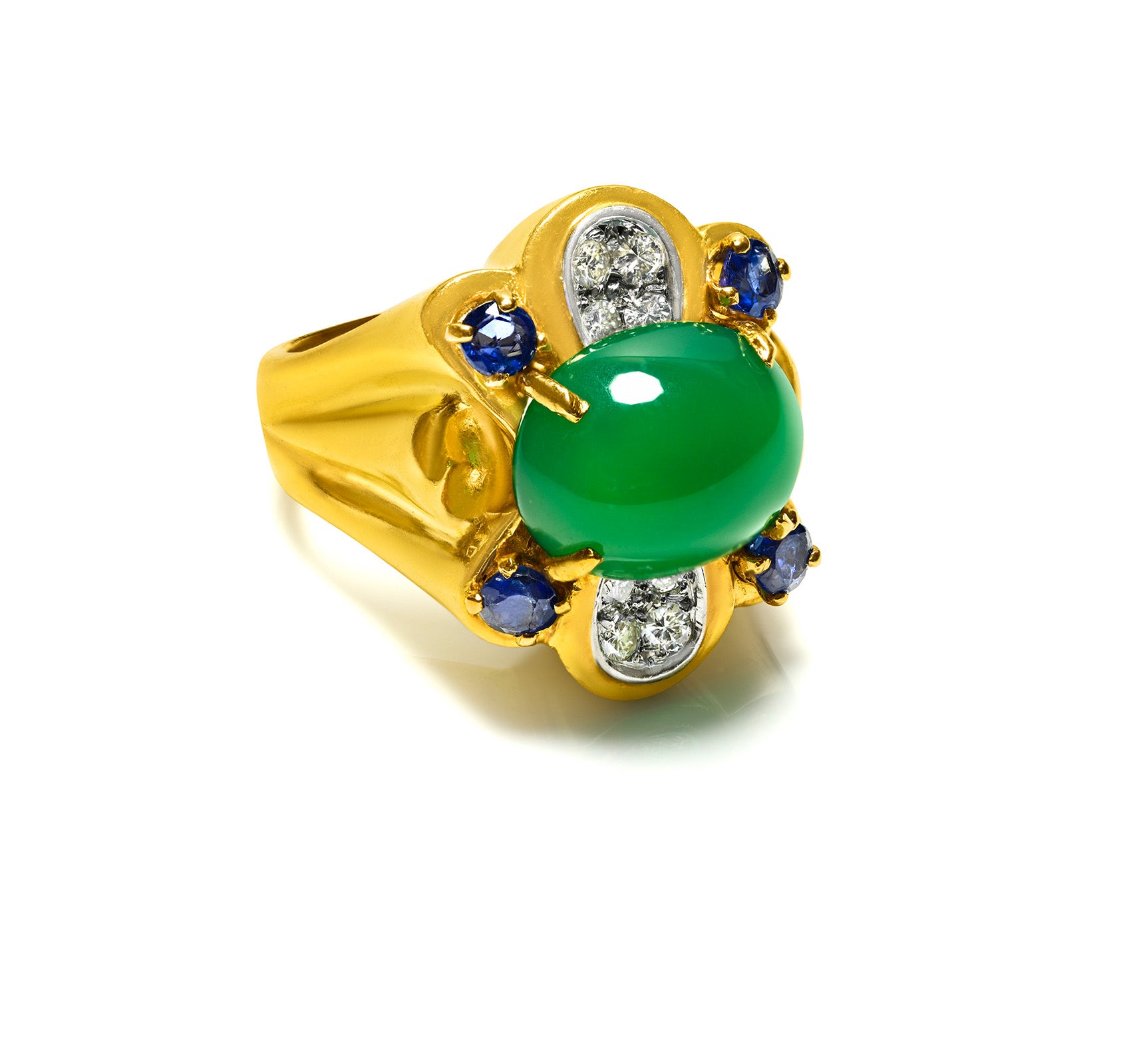
Nature's Secrets: Herbal Treatments For Insomnia
Sleep disorders are extremely common among the population, with almost half of the adult population experiencing sleep problems, especially among the elderly, but not only. Insomnia is an increasingly common condition in today's society and has several causes. In everyday life, in the family or at work, we sometimes face certain problems, and stressful situations, which affect our sleep schedule.
When sleep deprivation occurs only a few nights a month, it is not a problem, but when disturbances occur night after night, we can say without exaggeration that we live a real "nightmare". An average of four hours of sleep a night quickly leads to a weakening of the body or, as the case may be, uncontrolled weight gain, diabetes, increased blood pressure, as well as mental and psychological instability.
Of course, when such problems occur, our first impulse is to run to the pharmacy and ask for medication to treat insomnia. And the range is wide. But the best thing to do is to consult a specialist doctor and try to alleviate the problems as naturally as possible.
If a glass of warm milk before bedtime and counting sheep no longer work, and if sleep medication causes all sorts of side effects (and especially addiction), it might be worth turning to herbal remedies. Which herbs are guaranteed to treat insomnia? The list is quite long, and the remedies are diverse.
Discover Some Effective Herbal Treatments For Insomnia
1. Passion Flower
Passionflower is a plant known as an excellent natural tranquilizer, a gentle sedative that reduces anxiety is non-addictive, and treats insomnia.
Two cups of passionflower infusion are recommended in the evening before bedtime.
This herb can be used without worry as it has no adverse effects and our ancestors are said to have used it to help children sleep better. It is one of the most powerful herbal treatments for insomnia.
2. Valerian
This herb treats all stress-based conditions, reducing nervous tension and anxiety. But Valerian should be used with great care as it has many side effects such as indigestion, dizziness, and headaches.
However, used in the right amounts, Valerian eliminates fear and stress. It also calms emotions and thoughts and induces a soothing sleep.
This plant can be consumed as an infusion or as a tincture diluted in water. The Valerian treatment for insomnia includes a grated teaspoon of Valerian powder half an hour before bedtime with water. But, beware, the treatment should not last more than two to three weeks, as it can affect the central nervous system.
Valerian has proved to be a great herbal treatment for insomnia.
3. Lavender
Lavender is another herb well known for its relaxing effects. Lavender has a lot of proven therapeutic effects, both externally and internally.
Internally, lavender acts as a central nervous system calming agent, alleviates fear, stimulates appetite and increases bile secretion, soothes abdominal pain with an antispasmodic effect, has diuretic properties, and combats hair loss.
Lavender can be used in various forms, from powders, teas, and oils to tinctures. Lavender powder is obtained by grinding the dried plant with a coffee grinder and should be kept in a cool place out of direct sunlight, using one teaspoon of lavender powder a day before meals as an alternative treatment.
Lavender tea infusion is made from dried flowers or powder, two teaspoons in 250 ml of boiling water, and steeped for 10 minutes. Three teas can be taken daily.
Lavender oil has many benefits for our bodies. It has the power to relax the body and mind, slowing down the activity of the nervous system. The herb treats agitation, insomnia, and even depression.
You can sleep much better if you apply lavender oil to your temples, which is also beneficial for headaches. Lavender oil works wonders if used in the right proportions to treat insomnia.
Lavender flower tea can also be used to cure insomnia and anxiety.
4. Sulphine
Another well-known herbal treatment for insomnia is sulphine.
Sulphine is a slightly weaker sleep aid than Valerian, not slowing down thought processes, and can be taken in milder cases of insomnia. It is taken as a powder.
Take one teaspoonful on an empty stomach in the evening at 7 pm and possibly another at 10 pm.
It is also very efficient in treating insomnia in menopausal women who have hot flashes, palpitations, and nervousness that prevents them from falling asleep.
These were four of the most effective herbal treatments for insomnia. They may offer you the good night's sleep you so badly need.




